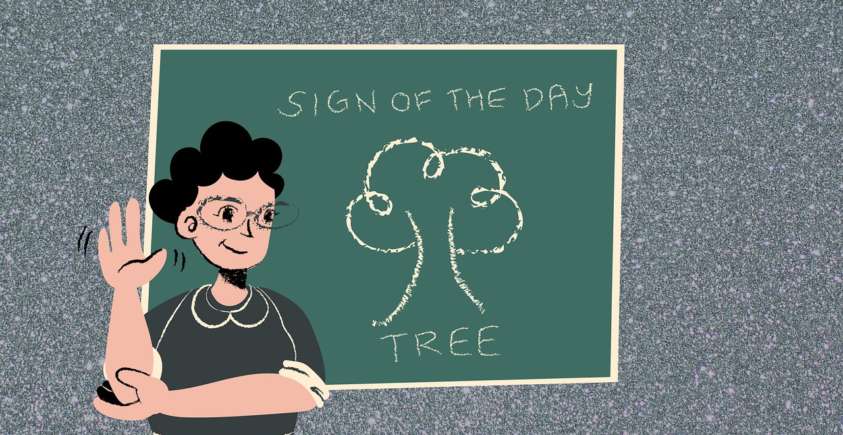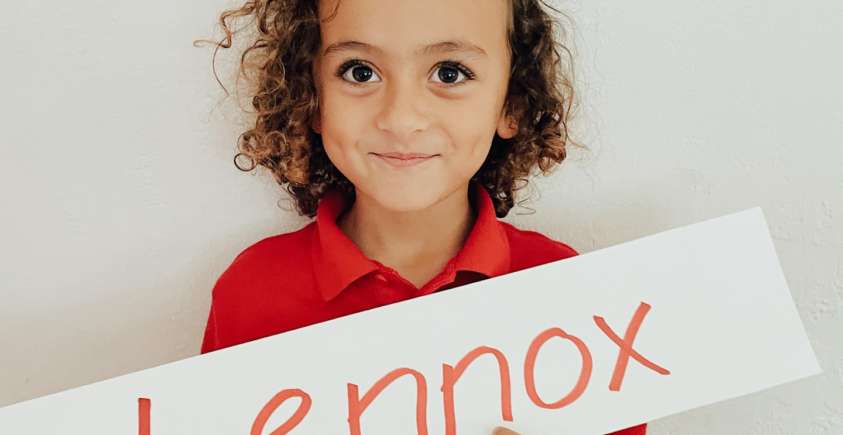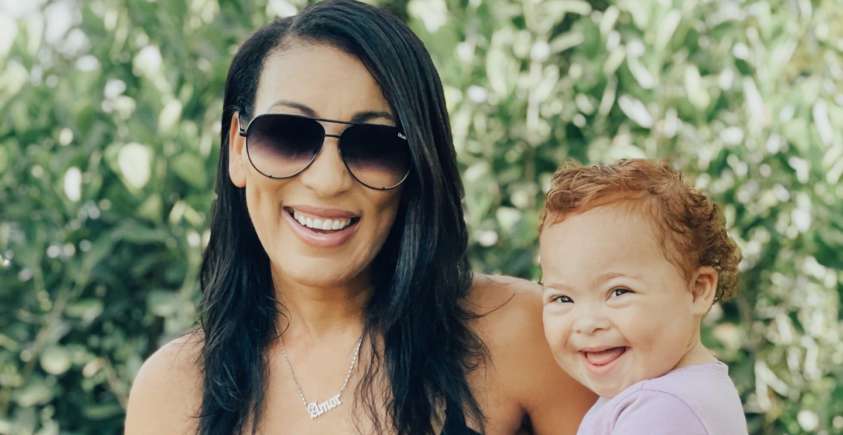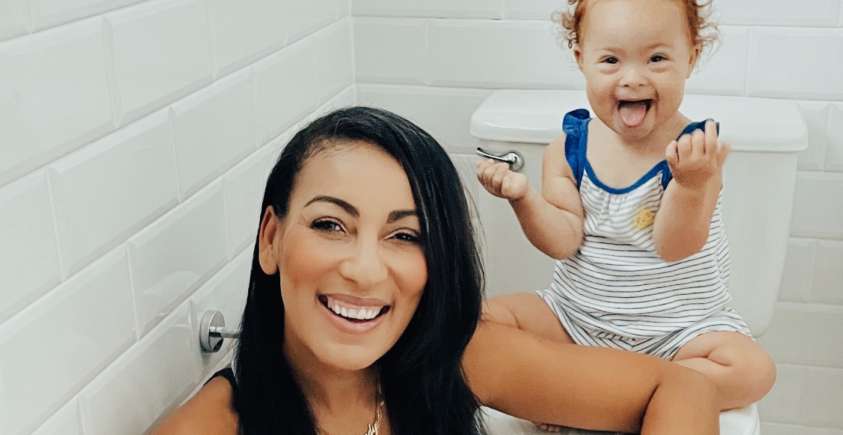Teaching sign language to kids with Down syndrome is common. So I know this opinion may ruffle some feathers. But I believe there that may be a negative side to teaching sign language. Particularly to the extent that it is often used to replace verbal language for younger children with Down syndrome.







